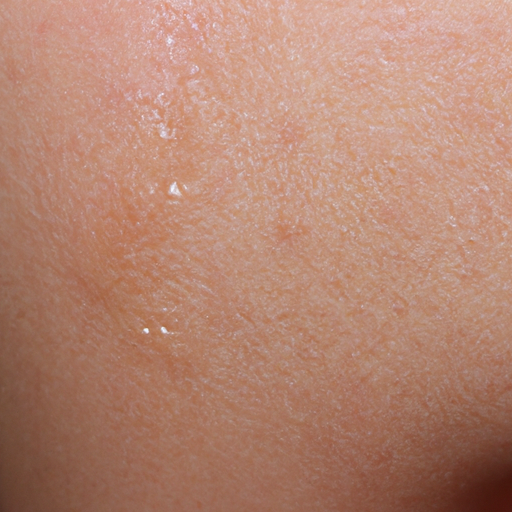As a dermatologist, I encounter numerous patients struggling with oily skin. The overproduction of sebum, an oily substance that hydrates the skin, often leads to a shiny complexion, enlarged pores, and frequent breakouts. While oily skin is primarily a result of genetics and hormonal fluctuations, factors like stress, humidity, and poor diet can exacerbate the condition. However, there are several proven strategies to combat oily skin and banish the shine.
1. Regular Cleansing: This is the first and most crucial step in managing oily skin. Use a gentle, oil-free cleanser twice daily to remove excess oil and impurities without stripping your skin of its natural moisture. Avoid using harsh soaps or products containing alcohol as they can over-dry your skin, prompting it to produce more oil.
2. Exfoliation: Exfoliating once or twice a week helps remove dead skin cells that can clog pores and increase oil production. Choose a gentle scrub or a product containing alpha or beta hydroxy acids. However, avoid over-exfoliation as it can irritate the skin and stimulate oil production.
3. Use Oil-Free and Non-Comedogenic Products: Non-comedogenic products are specifically designed not to clog pores, making them ideal for oily skin types. Also, opt for oil-free moisturizers, sunscreens, and makeup to prevent excess shine and breakouts.
4. Hydration: Drinking plenty of water and eating water-rich fruits and vegetables can help maintain your skin’s hydration levels from within. Hydrated skin is less likely to produce excess oil. Also, using a lightweight, oil-free moisturizer can help balance your skin’s hydration levels without adding extra shine.
5. Balanced Diet: Consuming a balanced diet rich in fruits, vegetables, lean proteins, and whole grains can improve your overall skin health. Limit your intake of processed foods, sugars, and unhealthy fats, which can stimulate oil production. Foods rich in vitamin A, such as carrots and spinach, can also help reduce oiliness.
6. Regular Exercise: Regular physical activity helps regulate hormonal imbalances, one of the key triggers for excess sebum production. Exercise also promotes healthy circulation and helps reduce stress, another factor contributing to oily skin.
While these strategies can significantly help manage oily skin, it’s essential to remember that everyone’s skin is unique. What works for one person may not work for another. Therefore, it’s always advisable to consult with a dermatologist or skincare professional who can provide personalized advice based on your specific skin type and concerns.
In conclusion, combating oily skin requires a combination of consistent skincare routine, healthy lifestyle habits, and professional advice. With patience and persistence, you can successfully manage oily skin and achieve a healthier, more balanced complexion. Remember, the goal is not to eliminate oil entirely but to strike a healthy balance. After all, sebum plays a crucial role in protecting your skin and keeping it hydrated.



